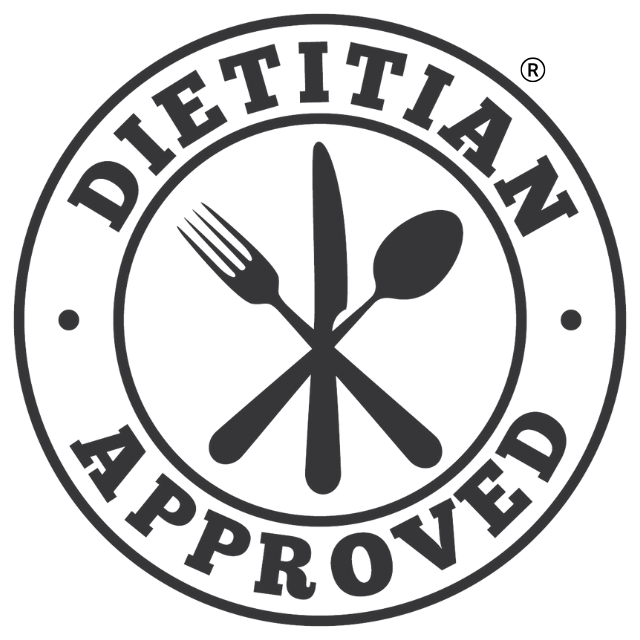
Carbo-Load, Don't Garbo-Load!
Mar 15, 2016
Race season is well and truly here!
Have you developed your race nutrition plan yet?
WHAT you eat and drink during a race and WHEN can have a massive impact on your performance…
Lay the foundations in training
Before we delve into race nutrition, let’s not discount the value of your everyday eating plan. The foundations of daily healthy eating are where you will see the greatest performance benefits. Day-to-day nutrition helps you optimise your general fitness and training capacity, recovery system, immune function and both fat and carbohydrate metabolism. Once you’ve got the foundations right here, then you can focus on fine-tuning things come race day. OK got that sorted – read on!
Work out what you need
Nutrition and hydration are very individual, so what works for your training buddy may not work for you. We are all different with different taste preferences, food preferences and gut preferences.
The amount of carbohydrate needed during a race depends on the individual athlete and also the distance being raced:
- For the shorter duration events <60-75minutes,
your fuel tank is unlikely to empty completely to the point of “hitting the wall” or “bonking”. You have enough carbohydrate stored in the form of glycogen to get you through the race. Performance may still benefit from consuming a small amount of carbohydrate e.g. a gel, gummy or sports drink. There is good evidence that even a mouth rinse of carbohydrate is enough to send sparks flying in the central nervous system and give you a pick me up when you need it. Something to consider if ingesting carbohydrate while racing is impractical or digestively difficult for you.
- For longer events though >90minutes (OD, 70.3, IM and beyond),
eating and drinking during a race will be imperative if you want to reach the finish line in one piece. The longer the duration, the greater your needs are. For the endurance events such as 70.3 and IM, carbohydrate needs can be higher than we can absorb with glucose alone. It’s worth playing with multiple types of carbohydrates (e.g. glucose + fructose) as these are absorbed through different channels in the gut, increasing your carbohydrate availability beyond what glucose alone can provide.
Depending on the environmental conditions and what sort of sweater you are, will dictate how much fluid +/- electrolytes you need to replace. Read more on Sweat Testing HERE
Carbo-Load, don’t Garbo-Load!
Depending on the distance of your next event, carb-loading may be beneficial. Carbohydrate loading refers to practices that aim to maximise muscle glycogen stores. Typical muscle glycogen resting values sit around 100-120mmol/kg wet weight (ww) in trained muscle. Correctly carb loading can pump stores up to 150-250mmol/kg ww. There are a few common misconceptions I often see associated with carb-loading:
- You don’t need to carb load for a sprint distance triathlon. Your fuel tank will sufficiently last you for the duration of the race, provided you consume carbohydrate in your every day diet.
- Carb loading does not mean drinking a beer the night before a race! –sorry 🙈
- Carb loading doesn’t mean eating a whole heap of junk food like hot chips, croissants or chocolate. The focus is on carbohydrate, not fat or too much fibre. Swap that doughnut for a thick slice of raisin toast with honey or jam instead.
- Carbohydrate loading requires an exercise taper. If you continue to train hard right up to your event, there is little opportunity for our muscles to store extra glycogen.
- Carbohydrate loading doesn’t make you faster. It enhances performance by prolonging the time before fatigue sets in, extends the duration of steady-state exercise and improves performance over a set distance or workload.
- Carb loading isn't simply eating Spaghetti Bolognese the night before your race. Get an Accredited Sports Dietitian to write you an individualised plan to make sure you're doing this properly!
Do your research
Do some research and find out what nutrition and hydration products are available out on course and at what intervals. The more prepared you are going into the race, the less you leave to chance on the day. If the sports drink on the run isn’t something you’ve ever had before, consider trying it in training so that you know you’ll tolerate it during a race if you want (or need) to drink it.
Practice
Now is the time to practice your race nutrition plan in training. Don’t turn up on race day and wing it with a new gel or sports drink. Use brick sessions, long sessions or race simulations to test out what you plan to do on race day. This will iron out any kinks with the logistics of eating and drinking – for instance, trying to peel a banana while down on the drops is not something I’d recommend trying for the first time in a race 😉. It will also ensure your tummy handles that form of nutrition and there are no surprises.
Race day nutrition also needs to be seen in the context of the preceding days, the pre-event meal, during the event and post-race recovery. Consider spending the time developing a personalised plan with your Accredited Sports Dietitian to optimise your performance racing.
Happy Training 🙂
Taryn
Need help developing your Olympic Distance Race Nutrition Plan? Now you can do it from the comfort of your own home, anywhere in the world with our Online Course!
Tags: Brisbane Sports Dietitian, carb-loading, carbohydrate loading, multisport, nutrition for triathlon, race nutrition, sports dietitian, Sports Dietitian Brisbane, sports nutrition, triathlon, triathlon nutrition, Endurance Sports Nutrition
Don't miss a beat!
New moves, motivation, and classes delivered to your inbox.
We hate SPAM. We will never sell your information, for any reason.


